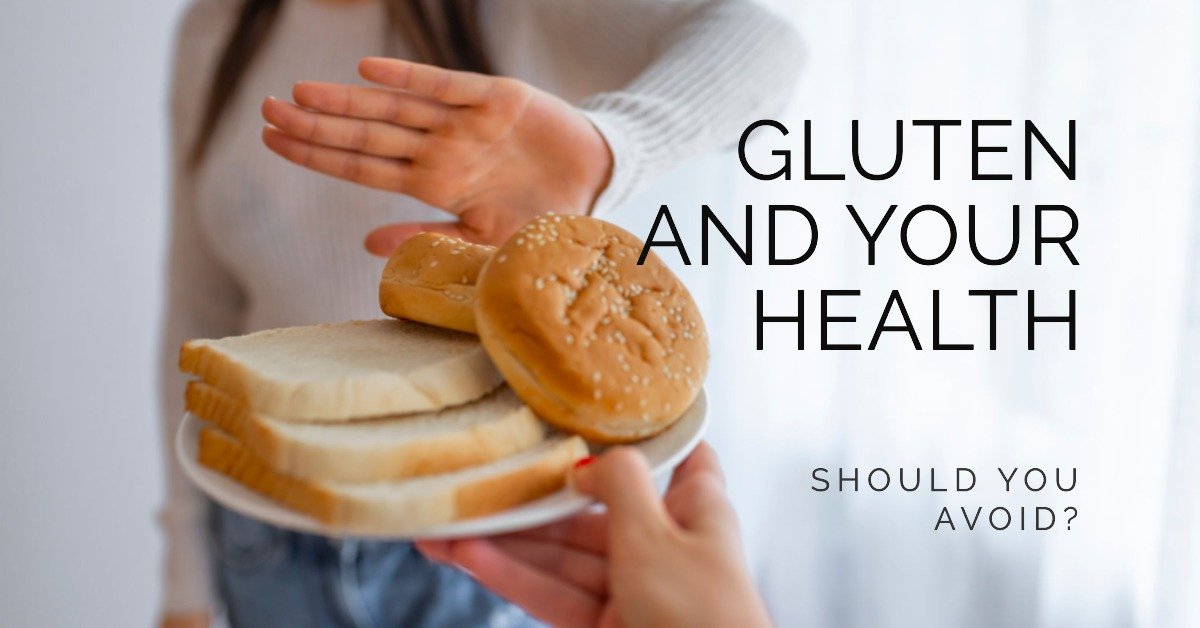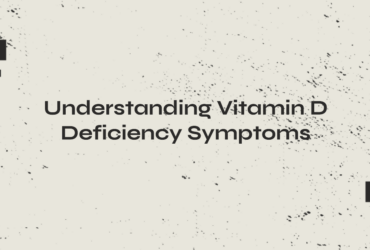Lately, there has been a surge in the gluten-free movement as more and more individuals make the choice to steer clear of gluten for various reasons. It’s important to acknowledge that a gluten-free diet is crucial for those with celiac disease or gluten sensitivity. However, it’s equally vital to embrace this lifestyle change with a positive mindset and uncover the abundance of delightful alternatives that await. In this article, we will embark on a journey to understand the motivations behind gluten avoidance, explore common sources of gluten in foods, and introduce a diverse range of gluten-free alternatives that will not only nourish your body but also bring a symphony of flavors to your taste buds.
Table of Contents
Understanding Gluten
Naturally occurring in grains like wheat, barley, and rye, gluten is a protein with its own unique presence. For individuals with celiac disease, even trace amounts of gluten can trigger an immune response that damages the delicate lining of the small intestine. Additionally, some people may experience digestive discomfort or other symptoms as a result of non-celiac gluten sensitivity. While gluten poses no harm to the majority, it is essential to foster an environment of respect and understanding for those with gluten-related health concerns. By offering appropriate accommodations and support, we can play a part in nurturing their overall well-being.
Foods Containing Gluten:
Wheat
Traditional wheat-based staples like bread, pasta, and baked goods are known to contain gluten. But fear not, as the world of gluten-free alternatives is vast and ever-expanding! There is a wide array of gluten-free options available to satisfy your dietary needs. From gluten-free bread that rivals its wheat-based counterpart to pasta that retains the perfect al dente texture without the gluten, you can enjoy all your favorite foods without compromising on taste or quality.
Barley and Rye
It’s worth noting that grains like barley, rye, and wheat also contain gluten, which is commonly found in various products such as certain beers, cereals, and bread. However, the good news is that there are plenty of gluten-free versions available for these beloved foods. By opting for gluten-free alternatives, you can still savor their delightful flavors while steering clear of gluten. So, whether you’re craving a refreshing beverage, a hearty breakfast cereal, or a scrumptious slice of bread, rest assured that you can find gluten-free options that cater to your taste buds and dietary needs.
Processed Foods
When it comes to gluten, it can sneak its way into various processed foods, such as flavorful sauces, tantalizing dressings, and comforting soups. But worry not, because you have the power to make informed choices. By diligently checking ingredient labels or selecting certified gluten-free options, you can navigate the aisles with confidence. Stay vigilant and be pleasantly surprised by the array of gluten-free alternatives available. With a little label-reading and awareness, you can enjoy your favorite sauces, dressings, and soups without the worry of gluten.
Benefits of Gluten-Free Alternatives
Whole Grains
While it’s true that traditional grains containing gluten offer important nutrients, there’s a world of gluten-free alternatives waiting to provide similar benefits. Take a moment to discover the wonders of quinoa, amaranth, millet, and buckwheat—gluten-free whole grains that are brimming with fiber, vitamins, and minerals. These incredible substitutes not only offer nutritional value but also bring their unique flavors and textures to your plate. Whether you’re seeking a satisfying grain bowl or looking to experiment with new culinary creations, these gluten-free alternatives are here to nourish your body and excite your taste buds.
Legumes and Pulses
When it comes to protein-packed, fiber-rich, and nutrient-dense options, look no further than lentils, chickpeas, and beans! These gluten-free alternatives offer a plethora of benefits for your well-being. Not only are they deliciously versatile in various recipes, but they also provide the building blocks your body needs to thrive. By incorporating these wholesome alternatives into your diet, you’ll experience a satisfying sense of fullness while nourishing your body with essential nutrients.
Nuts and Seeds
Discover the amazing world of almonds, walnuts, chia seeds, and flaxseeds—a treasure trove of goodness brimming with healthy fats, protein, and essential minerals. These versatile ingredients are not only packed with nutrition but also add a delightful touch to your gluten-free creations. Whether you’re baking up a storm, blending a refreshing smoothie, or looking to enhance the flavor and texture of your dishes, these powerhouses of nutrition make for perfect companions. Sprinkle them as delectable toppings or incorporate them into your favorite recipes, and let their goodness shine through.
Conclusion
As we bring this enlightening journey to a close, we have learned that developing a comprehensive understanding of gluten-rich foods empowers us to make informed decisions about our diets. Armed with this knowledge, we can navigate the vast culinary landscape with confidence, regardless of whether we choose to include or exclude gluten from our plates. It is crucial to remember that respecting individuals with gluten-related health concerns is not just important, but essential. By accommodating their needs, we foster an environment of inclusivity and empathy.
FAQs
-
Is gluten harmful to everyone?
Gluten is not harmful to everyone. However, individuals with celiac disease or gluten sensitivity must strictly avoid gluten to prevent adverse health effects. For others, adopting a gluten-free lifestyle is a personal choice that can provide dietary diversity.
-
Can I find gluten-free alternatives for my favorite foods?
Yes, there is a wide range of gluten-free alternatives available today. You can find gluten-free bread, pasta, cereals, and even gluten-free versions of your favorite snacks. Experimenting with gluten-free cooking and baking can open up a world of delicious possibilities.
-
Are gluten-free alternatives as nutritious as gluten-containing foods?
Gluten-free alternatives can be just as nutritious, especially when incorporating whole grains, legumes, nuts, and seeds into your diet. However, it’s essential to read labels and choose gluten-free products fortified with vitamins and minerals to ensure you maintain a well-balanced diet.
-
How can I maintain a healthy gluten-free diet?
To maintain a healthy gluten-free diet, focus on whole, unprocessed foods like fruits, vegetables, lean proteins, and gluten-free grains. Plan your meals, read labels carefully, and consult with a registered dietitian to ensure you meet your nutritional needs.
-
Are there any health benefits to consuming gluten?
Yes, there are health benefits associated with consuming gluten-rich foods for those without gluten-related health conditions. Whole grains containing gluten provide dietary fiber, vitamins, minerals, and energy. They support digestive health, aid in weight management, and contribute to overall well-being.
To continue unraveling the mysteries of nutrition, health, and culinary choices, I extend a warm invitation to click here and explore more captivating articles similar to this one.














Leave a Reply
View Comments